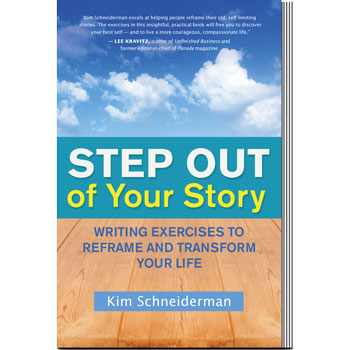Humans are transfixed by stories. We freeze—popcorn handful in midair—when the movie hero finally comes face-to-face with the villain. We stay up way too late to see how a potboiler ends even though we’re too grown-up to hide a flashlight under the covers. We get lost in the experiences of strangers through podcasts like The Moth and StoryCorps and of our friends via Instagram and Snapchat.
Stories are how we naturally conceive of our own lives as well. “Our lives are so complex that we need some way to make sense of them,” says Jonathan Adler, PhD, a professor of psychology at Olin College of Engineering in Needham, Massachusetts. “When we construct a narrative, it allows us to hold on to the important parts, filter out the trivial, and find a meaningful pattern in it all.”

Leave a Reply